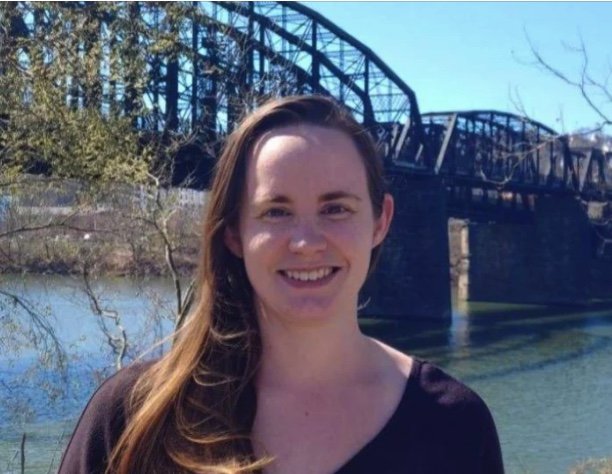Alumni Profile: Alysha Slater, MSBIO ‘19
Chatham University’s Eden Hall Campus doesn’t just offer research opportunities for students studying sustainability or food studies. Take Alysha Slater, Master of Science in Biology ’19.
“After graduating from undergrad and working as a vet technician, I decided to pursue a PhD program in ecology, behavior and evolution with an emphasis on animal sociality and dominance,” she says. “I found Chatham’s MSBIO program, and thought it would be a good way to get more experience with research, since I didn’t have too much as an undergrad.”
Slater credits the faculty at Chatham with making the biggest difference for her. “All of the faculty I’ve worked with were so knowledgeable and helpful in helping steer you in the right direction,” she says.
For her research project, which was conducted jointly with a student in the Master of Sustainability program, she looked at the effects of an invasive plant called Japanese barberry on small animal behavior. “When I was looking for research projects to get into, a lot of them were human-based,” she says, “but I’m more interested in animal behavior, so when I found this project, and the fact that it was looking into the effects of this plant on animal behavior, small rodents in the wild—it piqued my interest, and I wanted to jump it.”
“A lot of people have it in their backyards It’s a horribly woody, hardy plant that just spreads everywhere. Our hypotheses was that it creates this dense understory that rodents can forage under and take refuge from predators under, which can affect their population sizes and it forced them to find refuge in peoples’ backyards, which can lead to household damage. Our project supported our hypothesis that Japanese barberry does lead to increased flourishing rates in these population as well as increased population sizes. It was a very fun project and I didn’t have a lot of research experience so it was eye-opening but helped me to realize that this was definitely the field I want to go into, so it was very helpful and inspiring.” The research, which was published in the journal NeoBiota, was conducted under Dr. Ryan Utz.
Slater began adjuncting in the Science department at Chatham just after she graduated. She has taught courses including Intro to Chemistry, Applied Human Biology, Human Anatomy, and Our Fragile Earth, an environmental science course geared for non-science majors. “I love working with students and helping them with everything and then also collaborating with faculty; that’s been really great,” she says. “It’s also been great in that it’s led me to the conclusion that I definitely want to continue into academia. It gave me a window into what I want to be doing, and what I could be doing,”
In addition to adjuncting, Slater recently obtained a position as a research scientist with the University of Pittsburgh’s Communication and Science Disorders in their School of Health and Rehabilitation Sciences. She’s also currently exploring opportunities for her PhD, and says that it’s going pretty well. “If someone is looking to gain more research experience, or looking to prepare for a PhD program, I would definitely recommend Chatham,” she says “Being in Pittsburgh, you have so many opportunities career-wise to find something that interests you or supports what interest you already have, and the faculty are so supportive and engaging. It’s overall really beneficial. I would highly recommend it.”
Chatham has many research opportunities available for Graduate and undergraduate students. If you’re interested in Alysha’s path of earning her Master of Science in Biology, visit the program details here. Explore other Graduate programs here.

